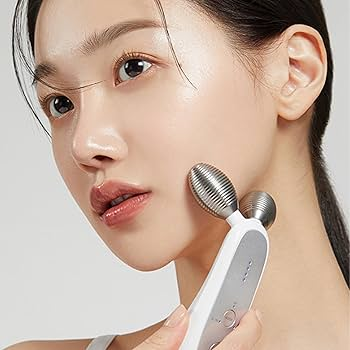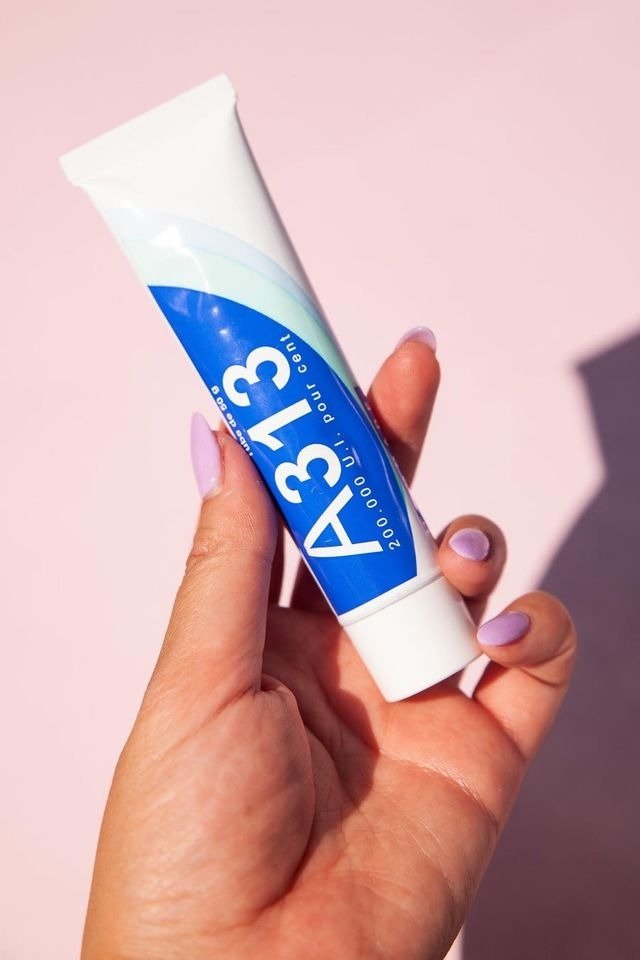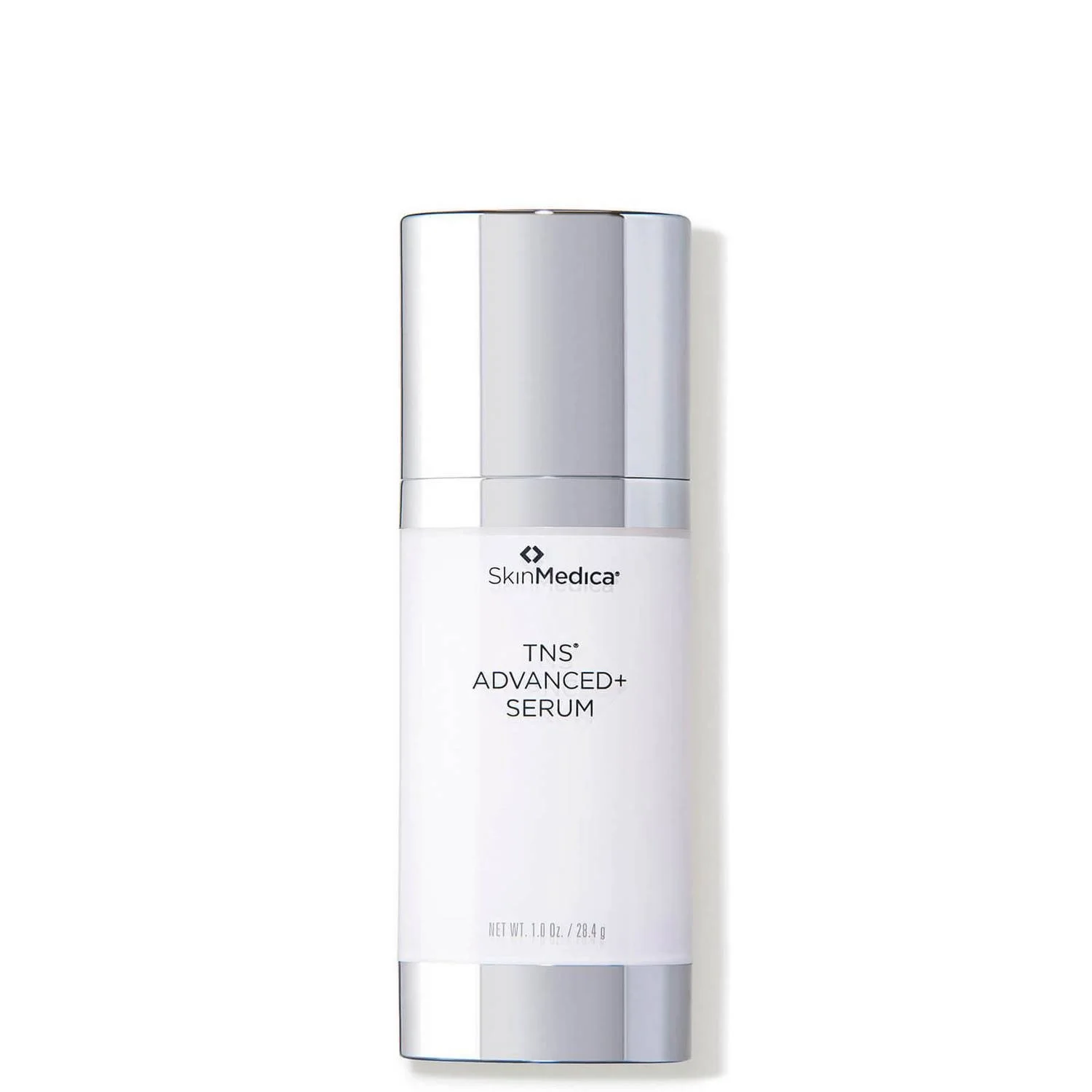Can Collagen Turn Back Time?
A glowing complexion, plump with vitality and resilience, is often heralded as the hallmark of youth. Beneath the surface, however, lies a story of a complex protein named collagen, arguably the hero of our skin's strength and elasticity. Found predominantly in the dermis, collagen serves as the scaffolding that supports not only the skin’s structure but also its ability to heal, stretch, and resist wear over time.
As we age, the gradual decline in collagen becomes apparent. From the late 20s onward, the body loses about 1% of its collagen reserves annually. By the time we reach our 80s, up to 70% of that precious protein may have disappeared. This loss manifests visibly in the form of sagging skin, fine lines, wrinkles, and a thinning, almost papery texture. Yet, understanding this natural progression opens the door to slowing it, proactively and gracefully.
The Science of Skin Aging
Our skin is composed of two key layers:
The Epidermis, the outermost layer, protects us from environmental assaults. It regenerates approximately every 28 days in youth but does so less efficiently with age.
The Dermis, the deeper layer, is where collagen resides alongside elastin, sweat glands, and blood vessels. This layer provides the skin with elasticity and structural integrity.
The interplay between these layers determines how we age. As collagen declines, the epidermis grows thinner and more translucent, while the dermis loses its firmness. The result? A face that tells the story of time.
What Accelerates Collagen Loss?
While aging is inevitable, certain habits and environmental factors can hasten collagen breakdown:
Smoking: Beyond its health implications, smoking robs the skin of oxygen and nutrients, leaving a sallow, lackluster complexion.
Sun Exposure: Chronic UV exposure accelerates collagen degradation, causing fine lines and uneven pigmentation.
Poor Diet: Excessive sugar and alcohol consumption contribute to glycation, a process that weakens collagen fibers.
Stress and High Cortisol Levels: Prolonged stress harms the skin by triggering inflammatory responses and oxidative damage.
Hormonal Changes: Declining estrogen levels, particularly during menopause, reduce collagen synthesis.
Medications: Overuse of topical steroids can thin the skin, exacerbating the appearance of aging.
Rebuilding from the Inside Out
Collagen-Boosting Skincare and Treatments
While no skincare regimen can turn back time, there are strategies to restore and preserve this vital protein, especially when approached holistically, combining cutting-edge treatments with time-honored ingredients. The secret lies not only in the right products but in a well-rounded routine that nurtures the skin from both the outside and the inside.
The Sun: Collagen’s Silent Enemy
Sun exposure, while essential for vitamin D, is the number one contributor to premature skin aging, responsible for up to 80% of the visible signs of aging. The ultraviolet (UV) rays from the sun penetrate deep into the skin, breaking down collagen fibers and hindering its ability to regenerate. The result? Wrinkles, pigmentation, and a loss of skin firmness. Given this, the first and most essential step in any collagen-boosting skincare routine is sun protection.
Sunscreens, like Isdin’s Actinica, not only shield the skin from harmful UV rays but also work to repair existing sun damage. With an SPF of 50, these sunscreens contain DNA repair enzymes and are formulated with zinc oxide and vitamin E to provide a lightweight, non-comedogenic barrier. The zinc acts as a mineral shield, reflecting harmful rays, while the vitamin E offers antioxidant protection, neutralizing free radicals that accelerate the aging process. Lightweight in texture, these formulas are easy to incorporate into daily routines, ensuring skin is protected without the heaviness typical of many sunscreens.
But it’s not just about sunscreen. The habit of applying it every day, regardless of whether the sun seems strong or not, is a mindset shift that will pay dividends over time. With the majority of sun damage occurring subtly over the years, a daily dose of protection becomes an investment in long-term skin health.
Retinol: Collagen’s Best Friend
Among the most revered ingredients in skincare, retinol (or its more potent derivative, retinoids) has earned its place as a powerhouse for collagen stimulation. A form of vitamin A, retinol accelerates cell turnover, increasing the production of collagen while smoothing skin texture and refining pores. Its ability to stimulate fibroblasts, the cells responsible for collagen synthesis, makes it indispensable in any anti-aging regimen.
Products like A313, a cult-favorite French pharmacy retinol, offer a gentler introduction to retinoid use. A blend of three retinol esters, A313 provides a gradual yet effective collagen-boosting effect, promoting smoother, more youthful skin with continued use. For those looking to explore retinoids, this product provides the perfect balance between efficacy and gentleness. Retinol’s skin-renewing properties not only improve the skin’s firmness by stimulating collagen production but also enhance the superficial appearance of the skin by encouraging the turnover of the epidermis, revealing fresher, brighter skin.
For beginners and veterans alike, retinol’s versatility cannot be overstated. While it is a proven ingredient for collagen production, its effects are enhanced with consistent use. Whether you’re easing into retinol or relying on it as a staple in your routine, its collagen-boosting properties are invaluable.
Peptides: The Building Blocks of Collagen
Peptides are short chains of amino acids, the building blocks of proteins like collagen, and play a crucial role in skin health. Incorporating peptides into skincare can directly support collagen production. One product that seamlessly blends peptides and antioxidants is Allies of Skin’s Peptide + Antioxidant Treatment. With a combination of four different peptides, this treatment works to address signs of premature aging by stimulating collagen synthesis and reinforcing the skin’s natural barrier. Over time, peptides can visibly reduce the appearance of fine lines and sagging by fortifying the skin's foundational structure.
For those seeking more than just peptides, a combination of peptides and vitamin C offers an even more potent solution. Vitamin C is renowned for its role in collagen synthesis, protecting the existing collagen from oxidative damage and promoting the formation of new collagen fibers. Products like Dr. Idriss' Vitamin C Gel Moisturizer with peptides combine these two ingredients, providing a dual-action formula that supports long-term skin health while also addressing concerns like uneven skin tone and texture.
Vitamin C: The Antioxidant Powerhouse
Vitamin C is often associated with brightening and treating pigmentation, but its role in collagen production is equally critical. This powerful antioxidant is required for the synthesis of collagen and protects existing collagen from breaking down due to free radical damage. For optimal collagen production, vitamin C is a must-have in any skincare routine.
Tetrahexyldecyl Ascorbate, a stable and potent form of vitamin C, is found in products like Dr. Idriss’ Vitamin C Gel Moisturizer. This form of vitamin C penetrates deeply into the skin, offering both antioxidant protection and collagen-boosting benefits. Regular use of vitamin C can visibly improve skin tone while stimulating collagen synthesis, resulting in firmer, more radiant skin.
Niacinamide and Coenzyme Q10: Protecting and Supporting Collagen
While vitamin C is known for its proactive role in collagen production, niacinamide (a form of vitamin B3) and coenzyme Q10 also provide valuable support in the collagen-boosting process. Niacinamide improves skin texture and reduces the appearance of fine lines by minimizing chronic inflammation, a major culprit in collagen degradation. It enhances the skin’s barrier function, ensuring that other collagen-boosting ingredients can penetrate effectively.
Coenzyme Q10 (also known as ubiquinone) is another powerful antioxidant that supports collagen production by minimizing oxidative stress from both environmental and internal factors. Coenzyme Q10 is integral to cellular energy production, acting as a fuel for the mitochondria—the powerhouses of the cell. By enhancing cellular efficiency, it supports overall skin function, including collagen synthesis. Products like Eucerin’s Q10 Anti-Wrinkle Moisturizer utilize coenzyme Q10 to protect the skin from aging while supporting collagen over the long term.
Glycolic Acid and Growth Factors: Exfoliation and Collagen Stimulation
For deeper, more immediate collagen benefits, glycolic acid, an alpha-hydroxy acid (AHA), offers exfoliating properties that can enhance collagen production. As an exfoliant, glycolic acid helps to shed dead skin cells, revealing fresher, brighter skin. But more importantly, its penetration can stimulate collagen synthesis in the dermis, where it’s needed most.
To take collagen-boosting a step further, growth factors provide targeted treatment. These proteins stimulate the production of fibroblasts, encouraging the body’s natural collagen production. SkinMedica’s TNS Advanced Serum is one example, combining a blend of growth factors and cytokines to stimulate collagen production while promoting skin regeneration. Though more of a luxury investment, growth factor serums are ideal for those looking to push their collagen-boosting routine to the next level.
Red Light Therapy and Microcurrent: Technology-Driven Collagen Production
While skincare products are essential, treatments like red light therapy and microcurrent devices further accelerate collagen production. Red light therapy, often touted for its ability to increase cellular ATP production by stimulating the mitochondria, enhances the body’s natural processes, including collagen synthesis. By delivering energy directly to the cells, red light promotes cellular regeneration, helping the skin produce more collagen over time.
Similarly, microcurrent devices, such as NuFACE or Zip, use electrical currents to stimulate facial muscles and promote the production of collagen. These devices work by enhancing ATP production, supporting cellular activity, and improving skin tone and texture. While at-home devices may not deliver the same results as professional treatments, their regular use can yield noticeable improvements in firmness and elasticity.
The Collagen Diet: Boosting from Within
Diet plays an important, though often overlooked, role in collagen health. While no single food will magically restore collagen, a diet rich in nutrients like vitamin C, zinc, copper, and amino acids can support collagen production from the inside out. Fatty fish like salmon, eggs, and leafy greens provide essential amino acids, while berries packed with antioxidants help protect the skin from oxidative stress. Foods like bone broth, which is rich in amino acids like proline and glycine, also contribute to the body’s collagen production, although it’s an acquired taste for some.
Incorporating a balanced diet full of these collagen-boosting nutrients, along with staying hydrated and avoiding excessive sugar, will support the skin’s ability to regenerate and maintain its youthful appearance.
The Bottom Line: Holistic Collagen Restoration
Collagen-boosting skincare and treatments are most effective when they work synergistically, combining the right topical ingredients with healthy lifestyle habits and targeted treatments. Ultimately, restoring and preserving collagen is not about a singular product or treatment, but about adopting a holistic approach to skincare, one that integrates preventative habits, high-quality ingredients, and treatments that stimulate the body’s natural processes.


















